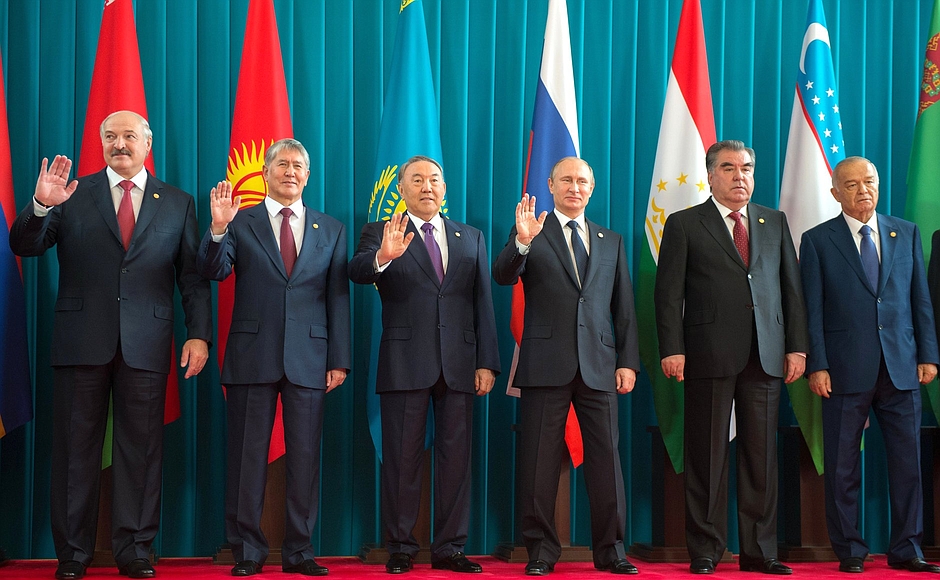Stamp with Collectible Margin: Abraham Lincoln (1809-1865), 16th President of the U.S.A. (United States of America 1870)
Abraham Lincoln (1809-1865), 16th President of the U.S.A. (United States of America 1870)
11 April (United States of America ) within release 1870-71 National Bank Note Co. Grilled goes into circulation Stamp with Collectible Margin Abraham Lincoln (1809-1865), 16th President of the U.S.A. face value 10*6 United States cent
| Stamp with Collectible Margin Abraham Lincoln (1809-1865), 16th President of the U.S.A. in catalogues | |
|---|---|
| Colnect codes: | Col: US 1870.04.11/01PB01c |
Stamp with Collectible Margin is square format.
Bottom left margin block of 10 Sn:US 137 stamps with imprint followed by plate number 27Also in the issue 1870-71 National Bank Note Co. Grilled:
- Stamp - Abraham Lincoln face value 6;
- Stamp - Abraham Lincoln (1809-1865), 16th President of the U.S.A. face value 6;
- Stamp - Abraham Lincoln (1809-1865), 16th President of the U.S.A. face value 6;
- Stamp - Abraham Lincoln (1809-1865), 16th President of the U.S.A. face value 6;
- Stamp - Abraham Lincoln (1809-1865), 16th President of the U.S.A. face value 6;
- Stamp - Abraham Lincoln (1809-1865), 16th President of the U.S.A. face value 6;
- Stamp - Abraham Lincoln (1809-1865), 16th President of the U.S.A. face value 6;
- Stamp with Collectible Margin - Abraham Lincoln (1809-1865), 16th President of the U.S.A. face value 10*6;
- Stamp with Collectible Margin - Abraham Lincoln (1809-1865), 16th President of the U.S.A. face value 10*6;
- Stamp with Collectible Margin - Abraham Lincoln (1809-1865), 16th President of the U.S.A. face value 10*6;
- Stamp with Collectible Margin - Abraham Lincoln (1809-1865), 16th President of the U.S.A. face value 10*6;
Stamp with Collectible Margin Abraham Lincoln (1809-1865), 16th President of the U.S.A. it reflects the thematic directions:
Emancipation has many meanings; in political terms, it often means to free a person from a previous restraint or legal disability that violates basic human rights, such as Universal Declaration of Human Rights. Politically it is also used as a guise to procure state power offering the appearance of helping economic and social rights, political rights or equality, often as a pretext for using specifically disenfranchised groups as political proxies in a rhetorical strategy to justify greater state authority over all individuals.
Famous People refers to the fame and public attention accorded by the mass media to individuals or groups or, occasionally, animals, but is usually applied to the persons or groups of people (celebrity couples, families, etc.) themselves who receive such a status of fame and attention. Celebrity status is often associated with wealth (commonly referred to as fame and fortune), while fame often provides opportunities to make money.
A head of state (or chief of state) is the public persona that officially represents the national unity and legitimacy of a sovereign state. In some countries, the head of state is a ceremonial figurehead with limited or no executive power, while in others, the head of state is also the head of government. In countries with parliamentary governments, the head of state is typically a ceremonial figurehead that does not actually guide day-to-day government activities and may not be empowered to exercise any kind of secular political authority (e.g., Queen Elizabeth II as Head of the Commonwealth). In countries where the head of state is also the head of government, the president serves as both a public figurehead and the actual highest ranking political leader who oversees the executive branch (e.g., the President of the United States).
A man is an adult male human. Prior to adulthood, a male human is referred to as a boy (a male child or adolescent).
A military, also known collectively as an armed forces, are a heavily armed, highly organized force primarily intended for warfare. Militaries are typically authorized and maintained by a sovereign state, with their members identifiable by a distinct military uniform. They may consist of one or more military branches such as an army, navy, air force, space force, marines, or coast guard. The main task of a military is usually defined as defence of their state and its interests against external armed threats. Вооруженные силы,




